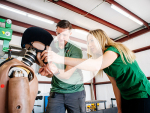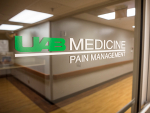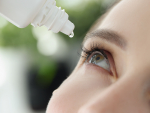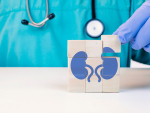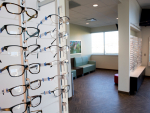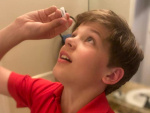
Anna Jones
| This email address is being protected from spambots. You need JavaScript enabled to view it.Public Relations Specialist
ajones7@uab.edu • (205) 975-0815Specific beats include: School of Dentistry; School of Optometry; Division of Gerontology, Geriatrics, and Palliative Care; Department of Anesthesiology and Perioperative Medicine; Department of Dermatology; Department of Family and Community Medicine; Department of Pathology; Department of Physical Medicine and Rehabilitation; Department of Radiology; Telemedicine; Department of Surgery (Cardiothoracic, Orthopedic Surgery, Trauma, Acute Care, Vascular surgery & Endovascular therapy); Cardiology; Division of Preventive Medicine


